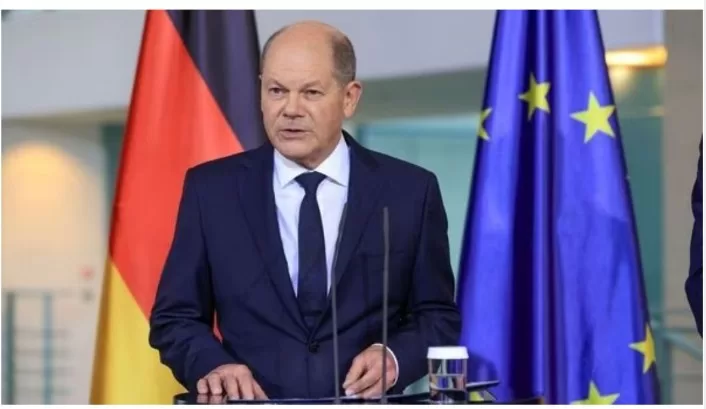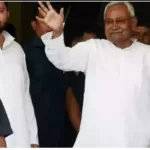Berlin, In a significant setback for Europe’s economic recovery, Germany has frozen public spending for the remainder of the year following a court ruling that declared the government’s spending plans unconstitutional. The decision, which comes amid challenges posed by surging energy prices and trade tensions, threatens to impede efforts to revitalize the continent’s largest economy.
Chancellor Olaf Scholz’s administration had aimed for bold spending measures, particularly in green-energy projects and technology, to address economic challenges and reduce carbon emissions. However, the court’s decision, triggered by a constitutional challenge, complicates these plans and raises questions about Germany’s fiscal policies.
The court specifically defunded a 60 billion euro green-transition project, stating that unspent credits originally designated for addressing the Covid-19 pandemic could not be repurposed for environmental and energy projects. This ruling underscores the constitutional constraints limiting budget deficits to 0.35% of gross domestic product in normal times.
The freeze on federal spending raises concerns about Germany’s ability to proceed with crucial projects, including subsidies for chip-making plants and a €100 billion plan to revamp the military. The court’s strict interpretation of fiscal rules could impact future government spending and fiscal maneuverability.
While some economists welcome the ruling for imposing fiscal discipline, others fear it may hinder efforts to enhance Germany’s competitiveness. The government now faces choices of equivalent budget cuts, tax increases, or a combination of both to proceed with planned projects.
This development comes at a time when Europe is grappling with economic stagnation, and the court’s decision is expected to widen the economic gap between the region and the United States, which has experienced growth fueled by substantial fiscal stimulus.
The ruling prompts Germany to prioritize policy areas, such as collective defense, support for Ukraine, and addressing energy price surges. It also necessitates a review of debt-financed expenditures over the last eight years to align with the new ruling.
Germany’s decision to freeze public spending underscores the challenges posed by political fragmentation and crises, leading to a reassessment of priorities amid economic uncertainties.



